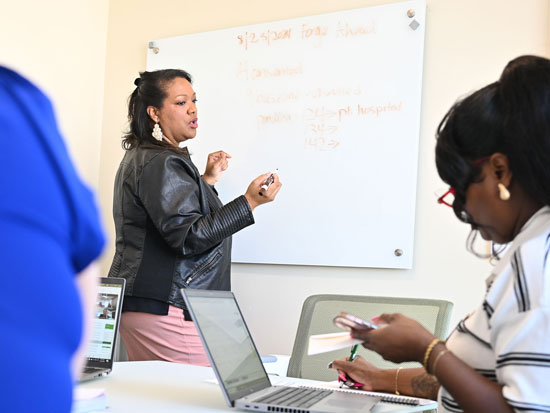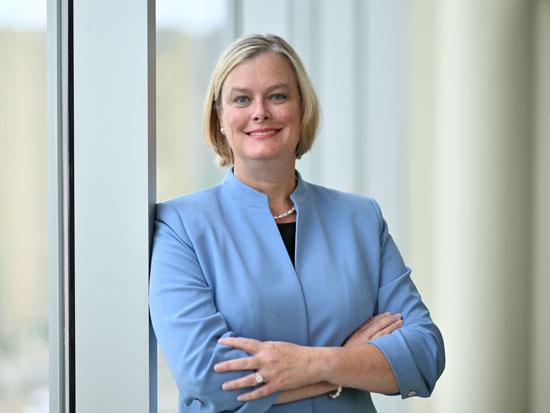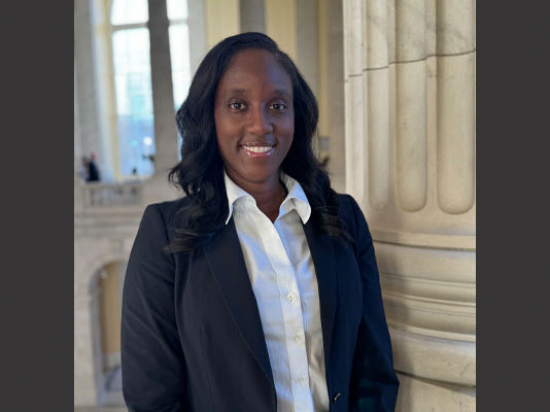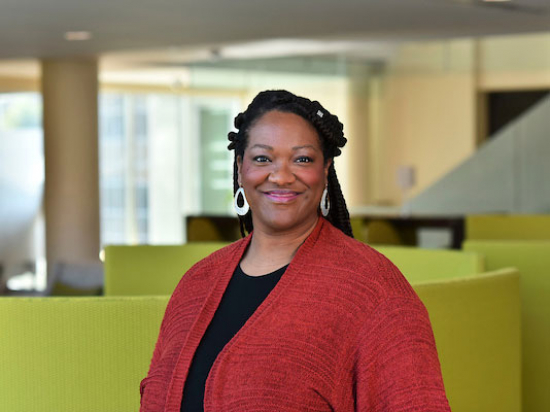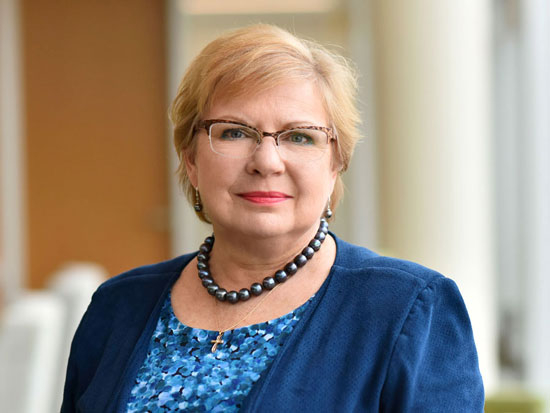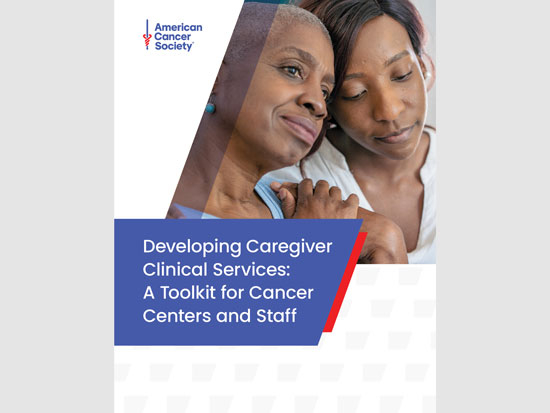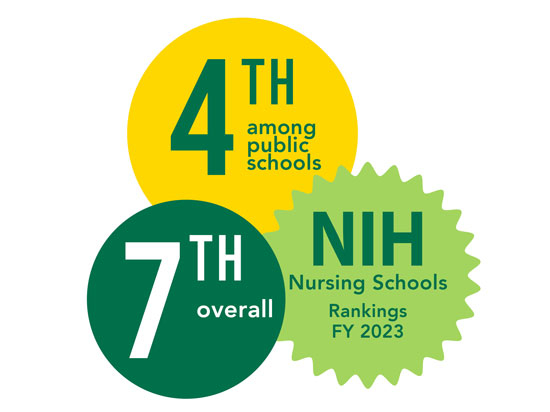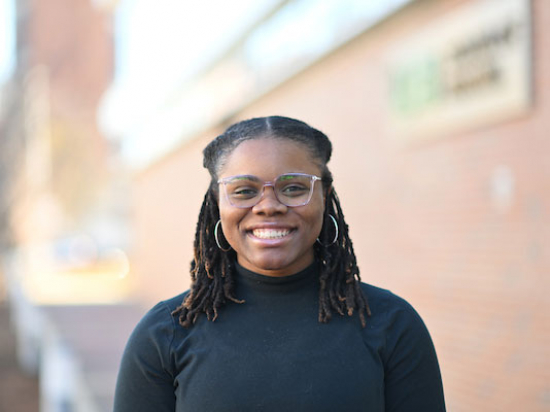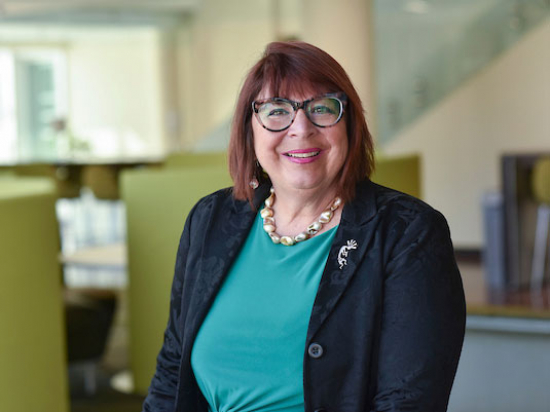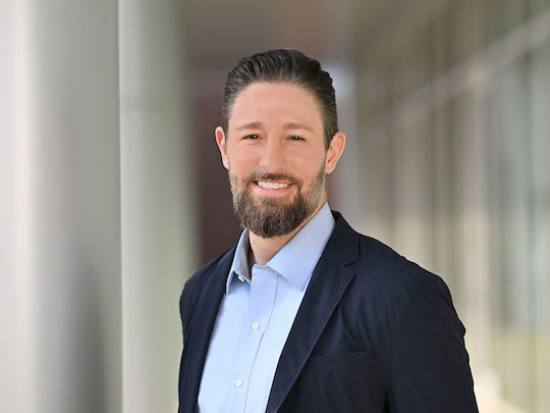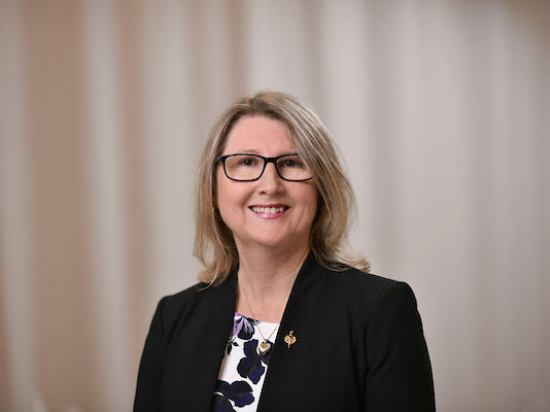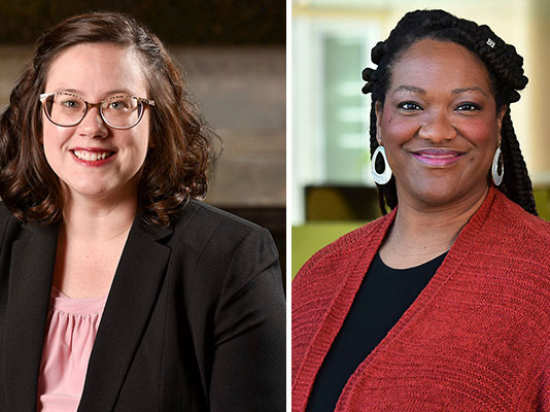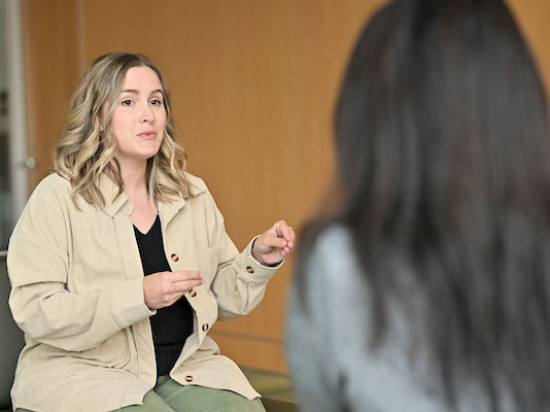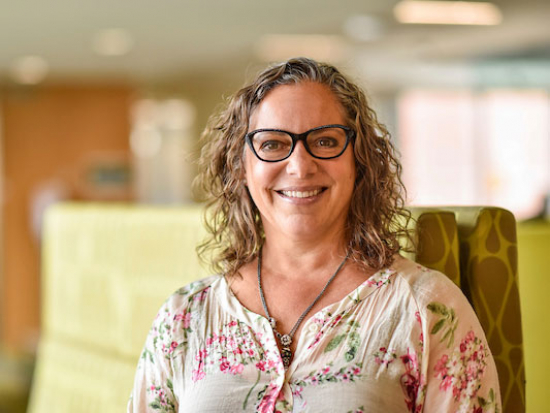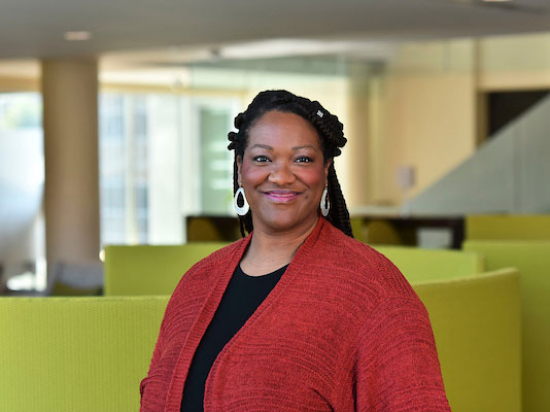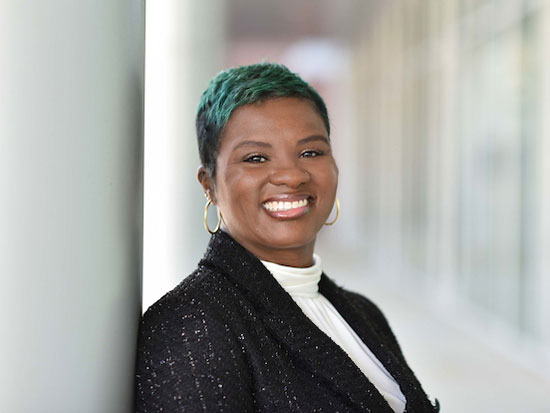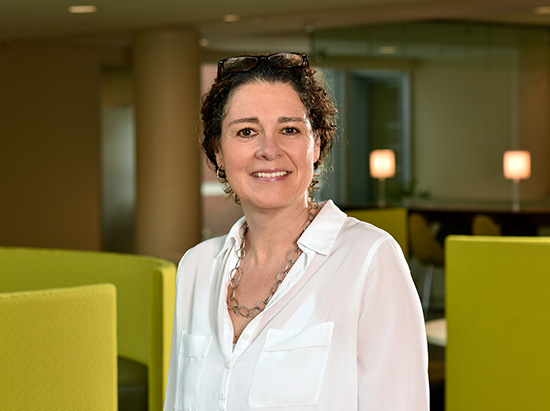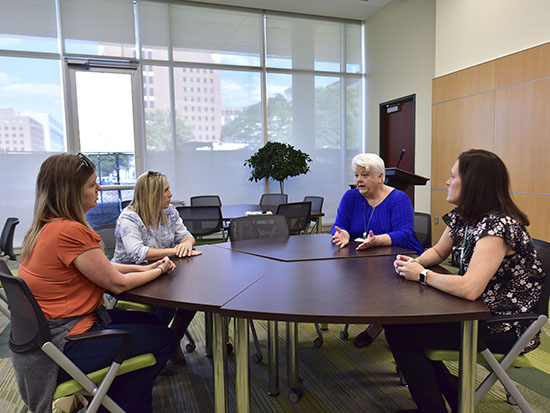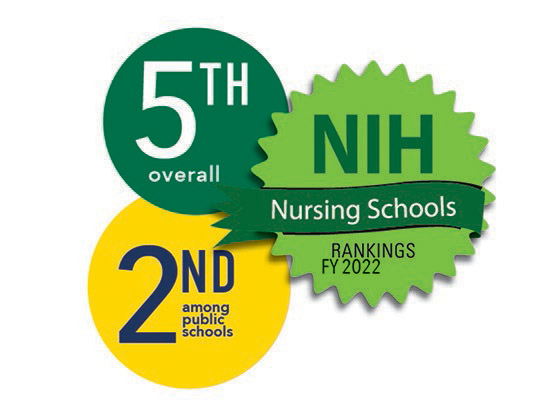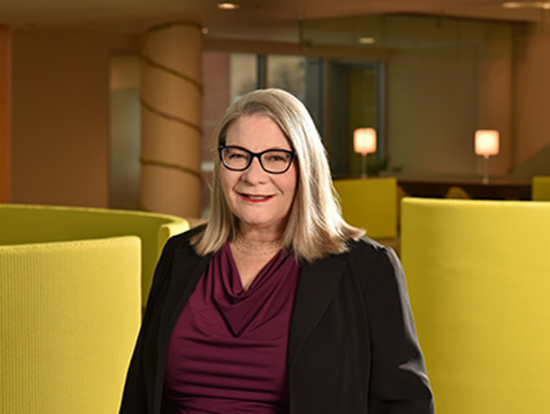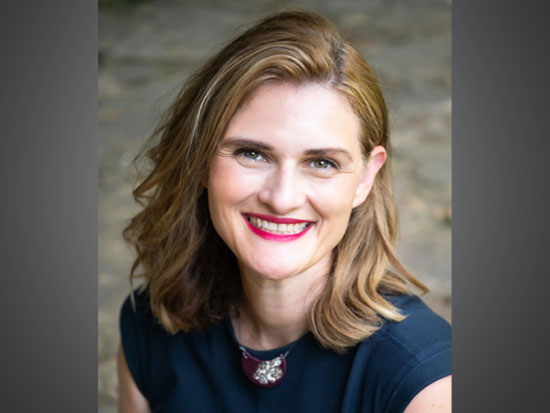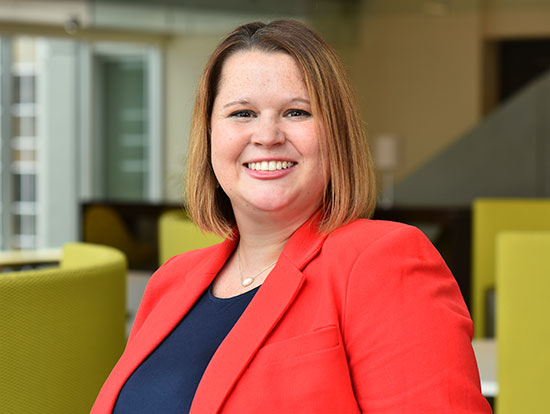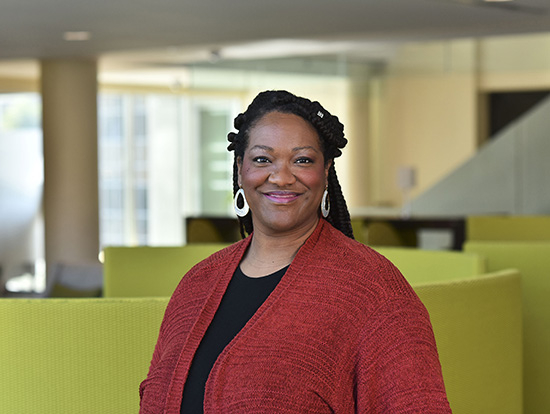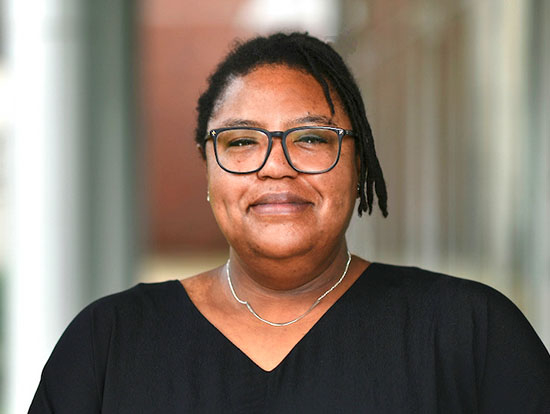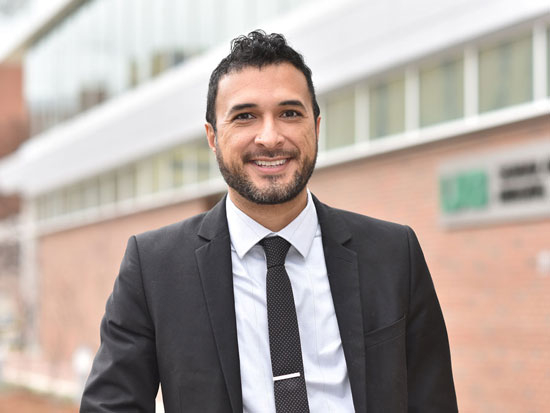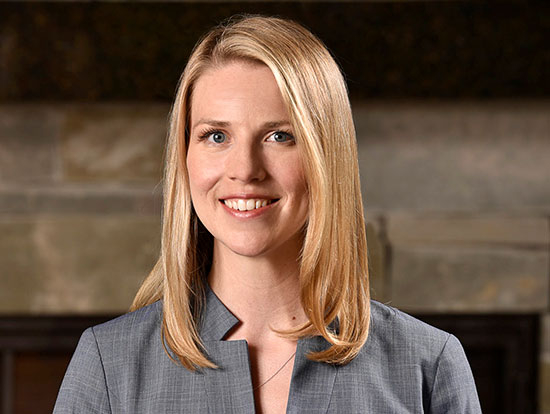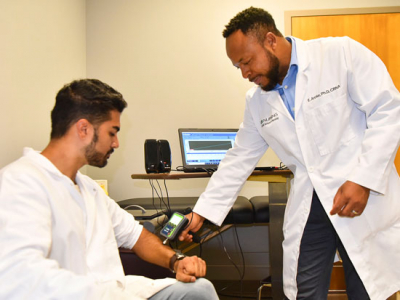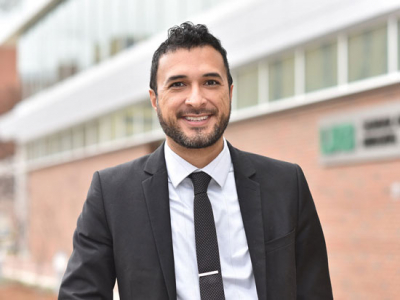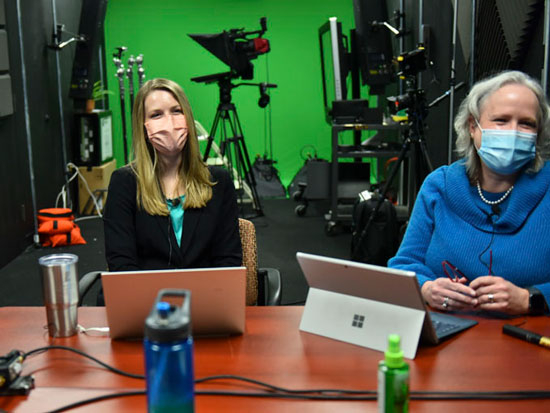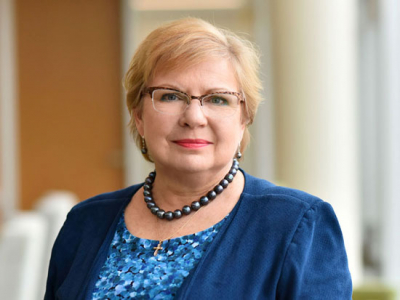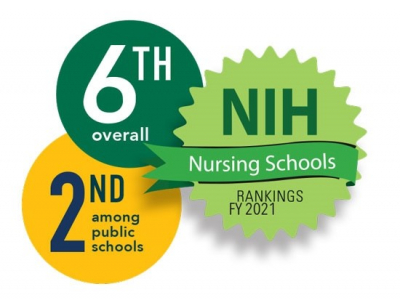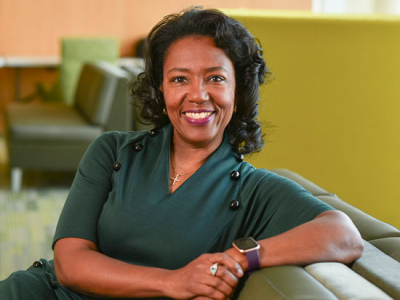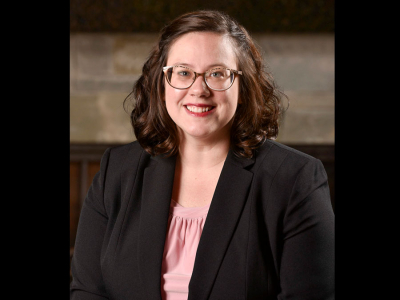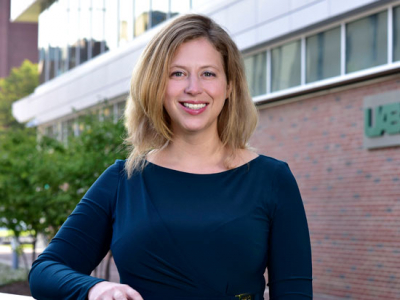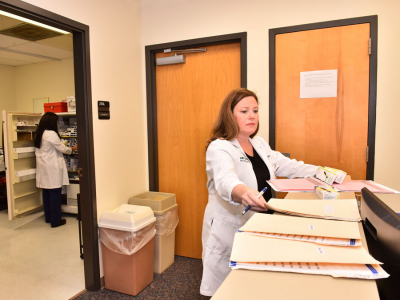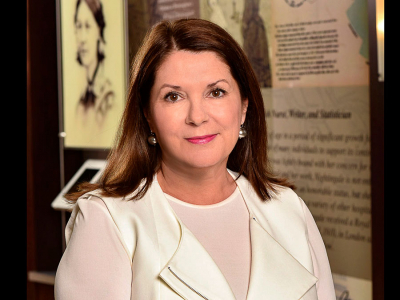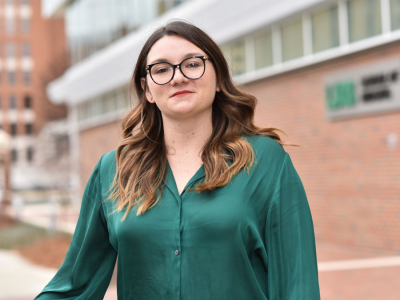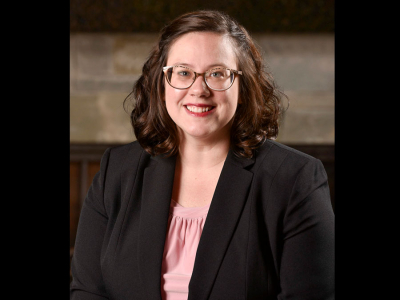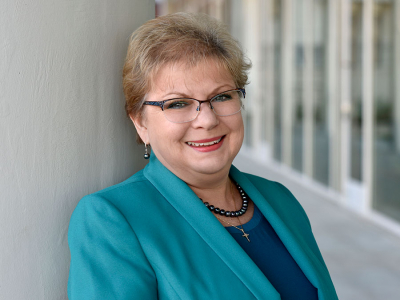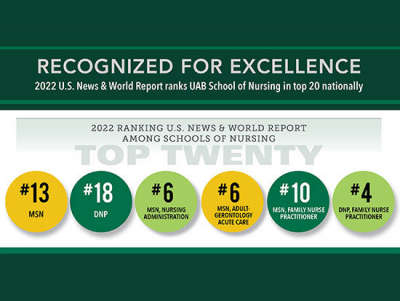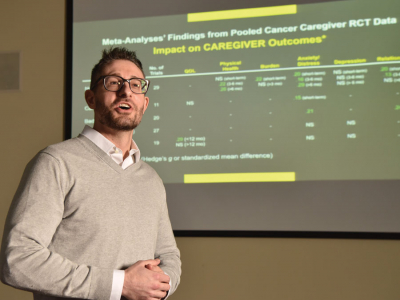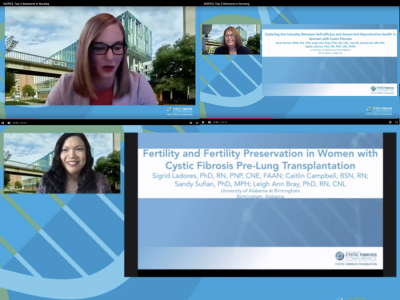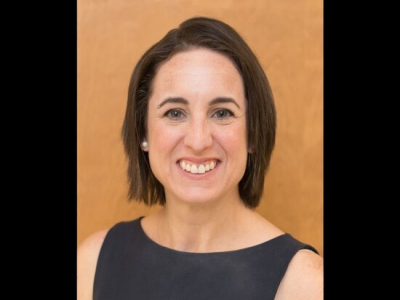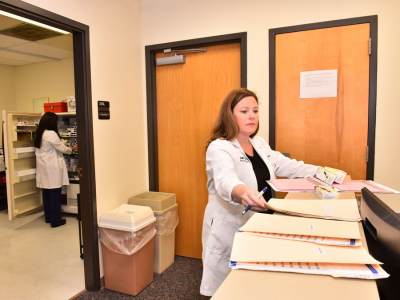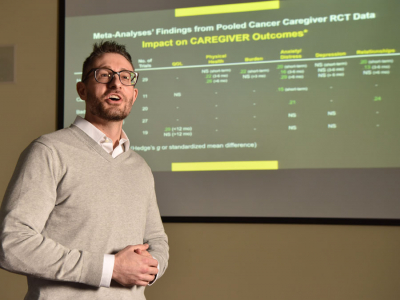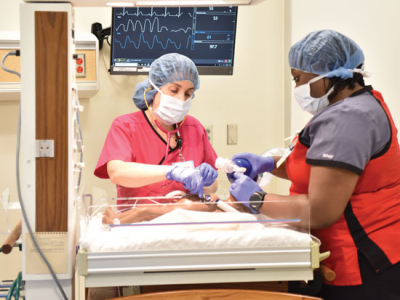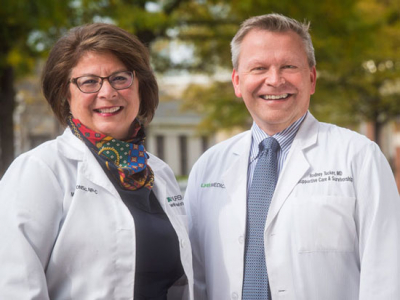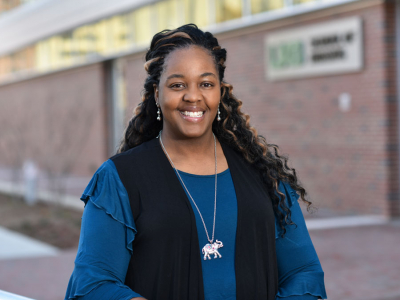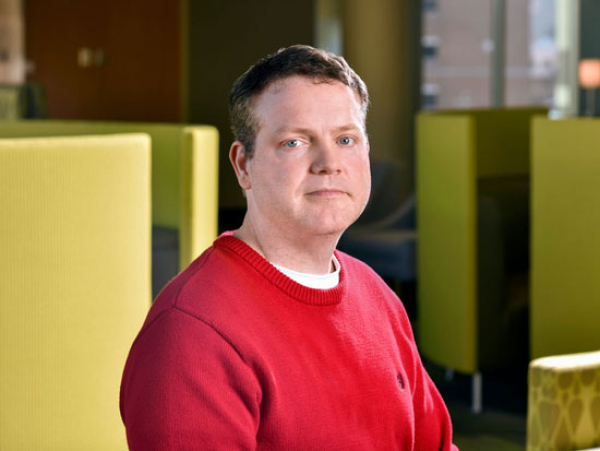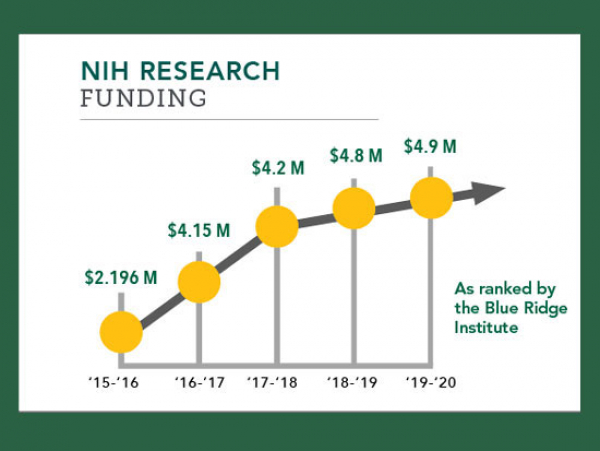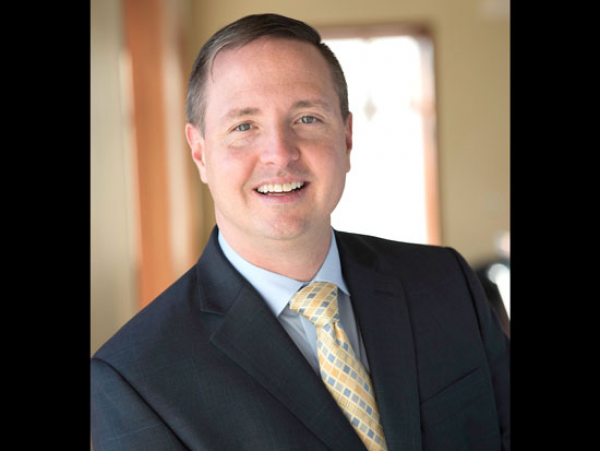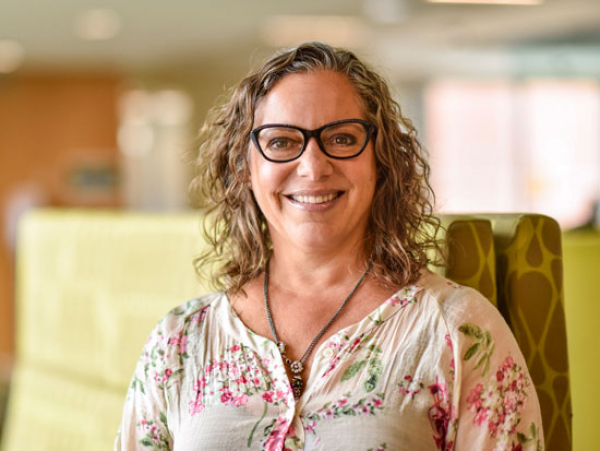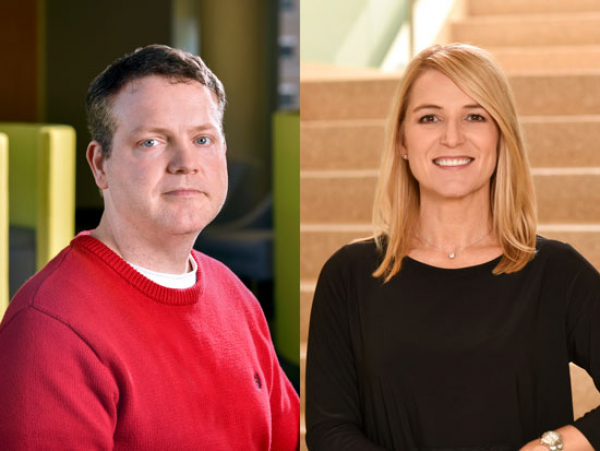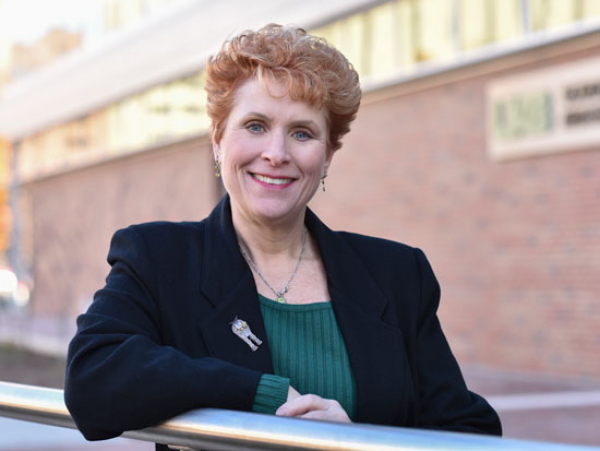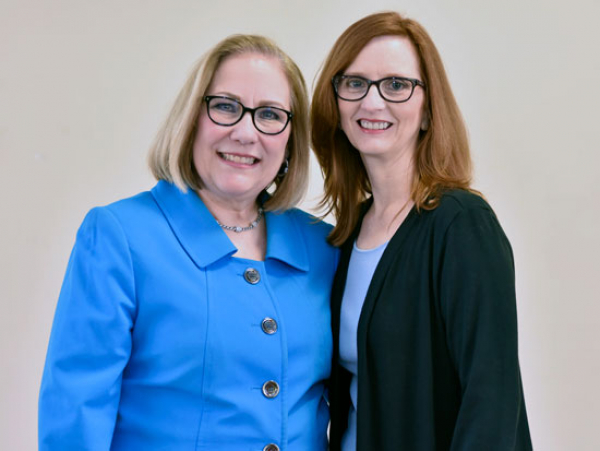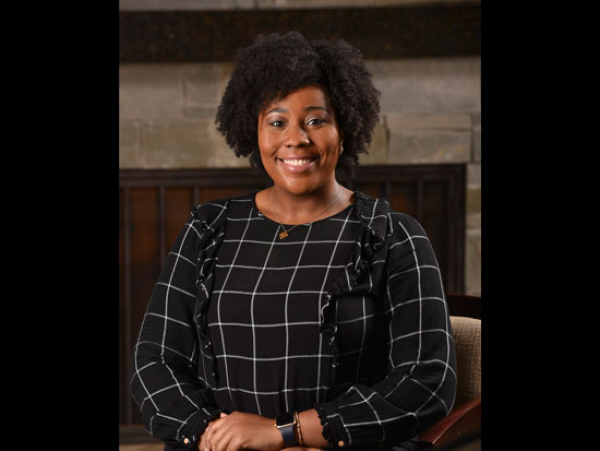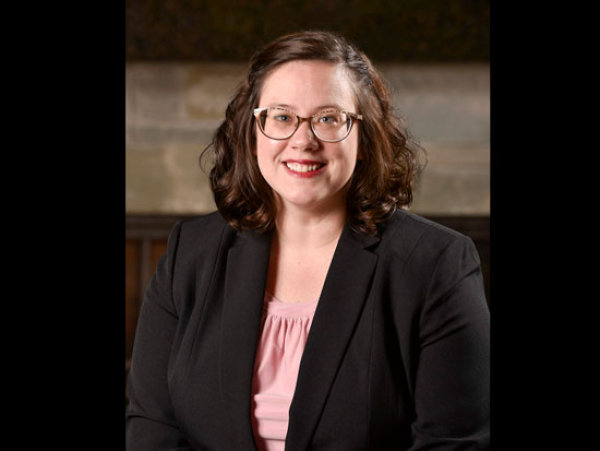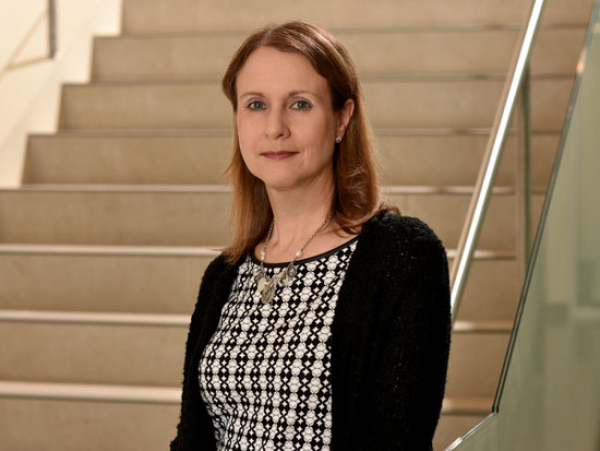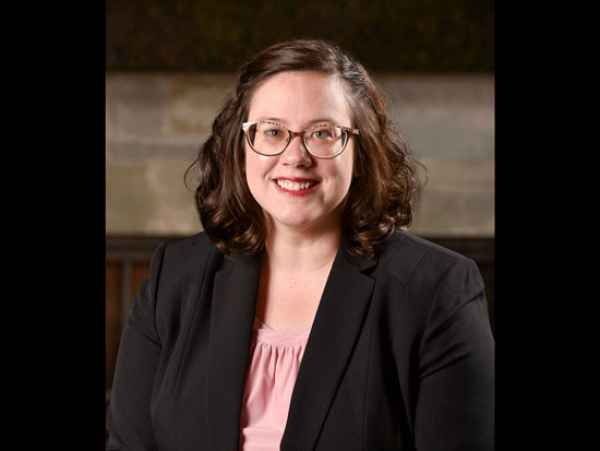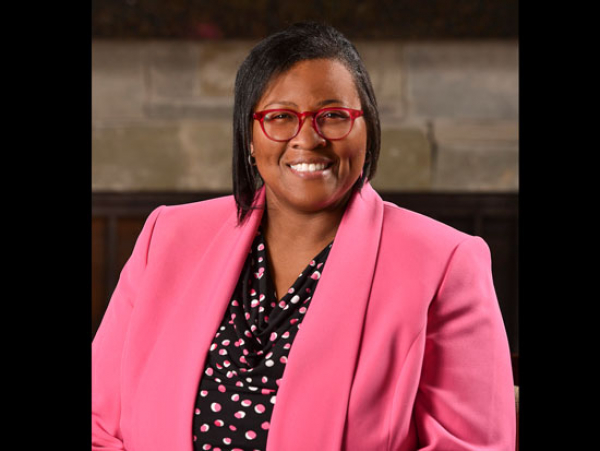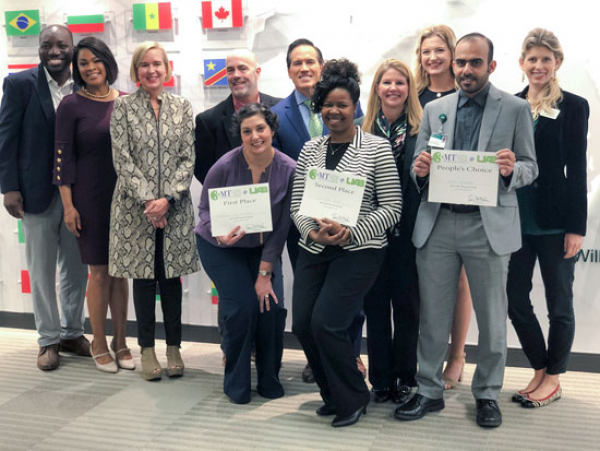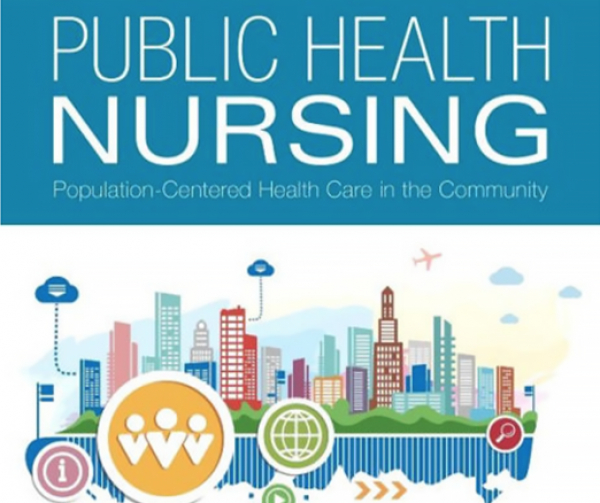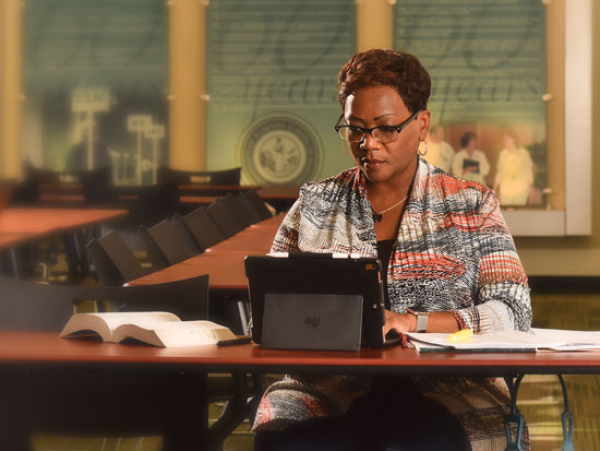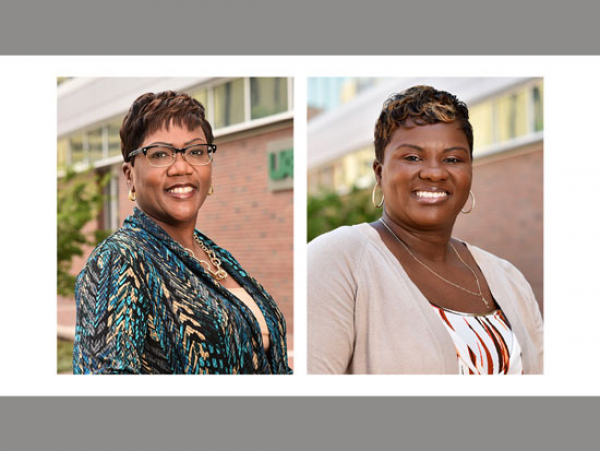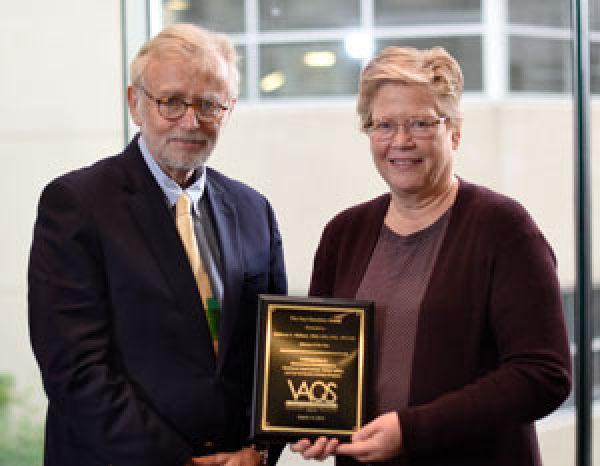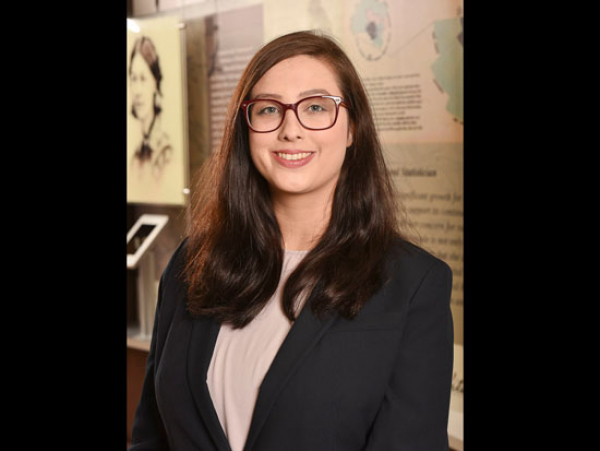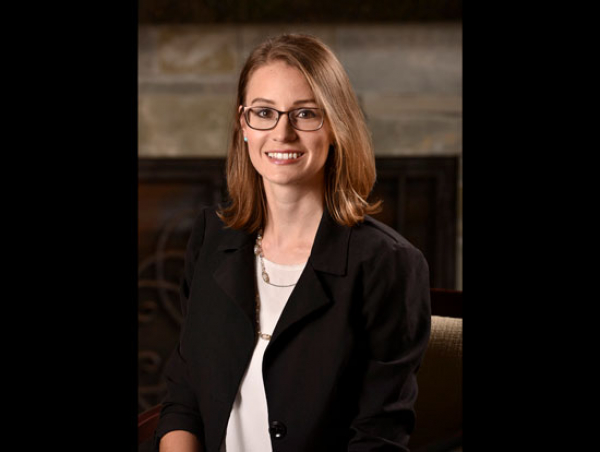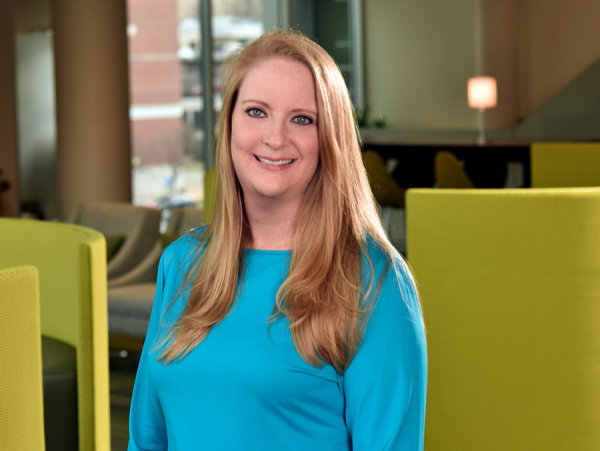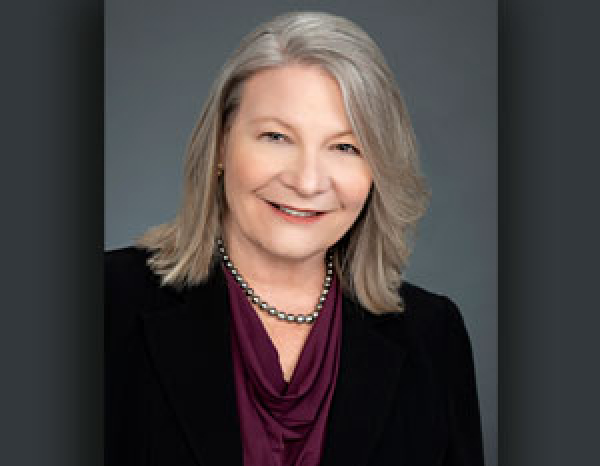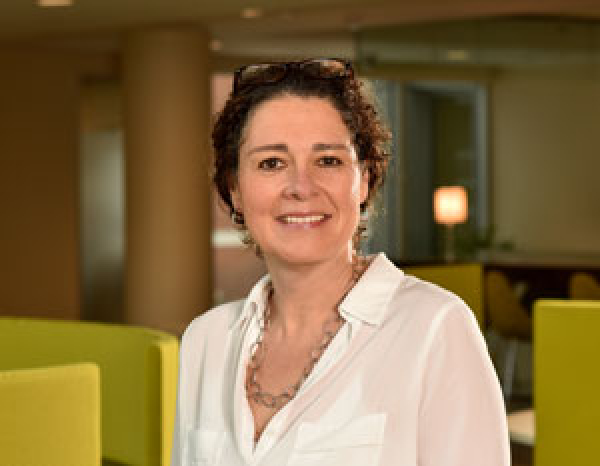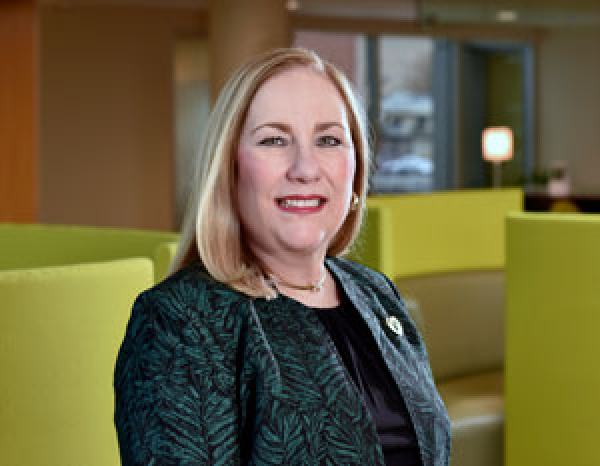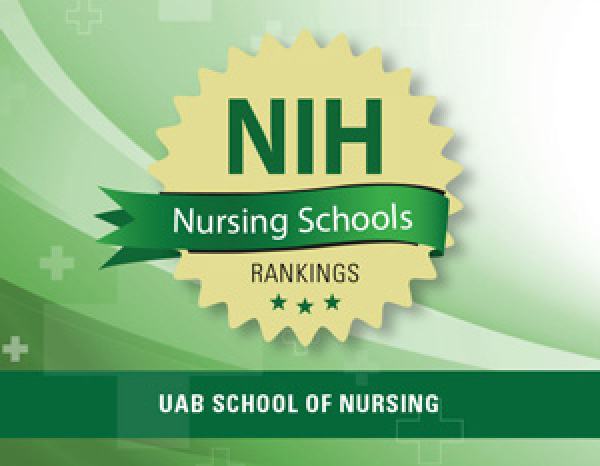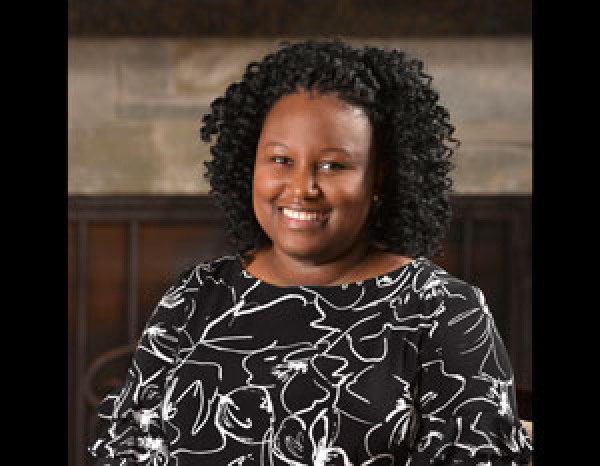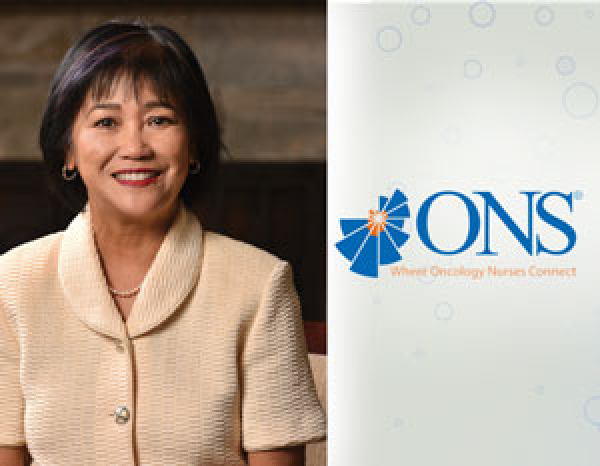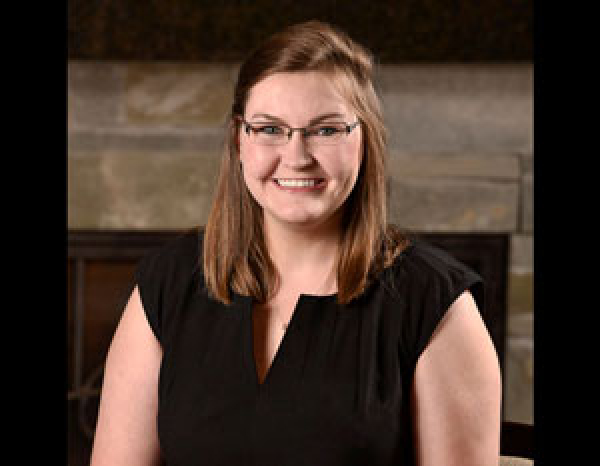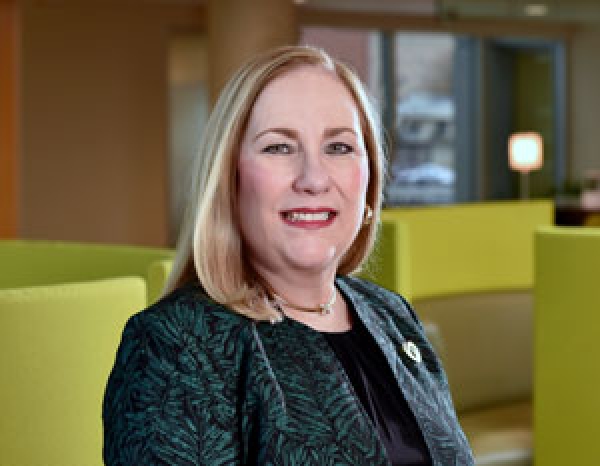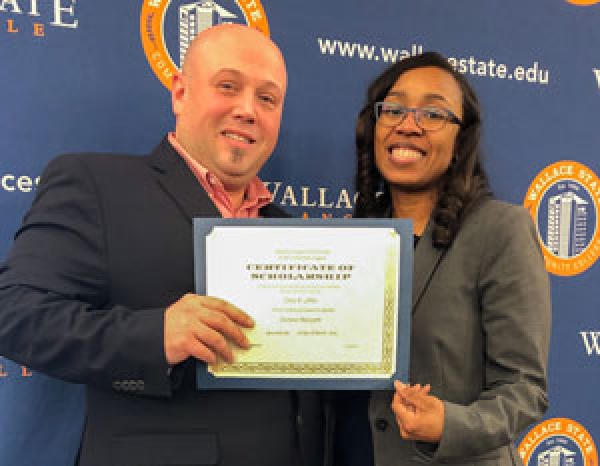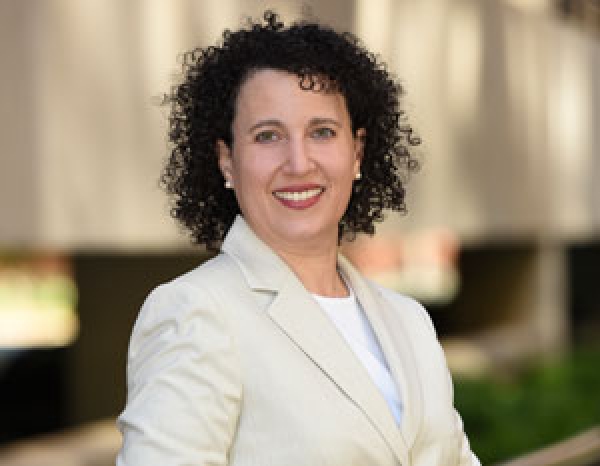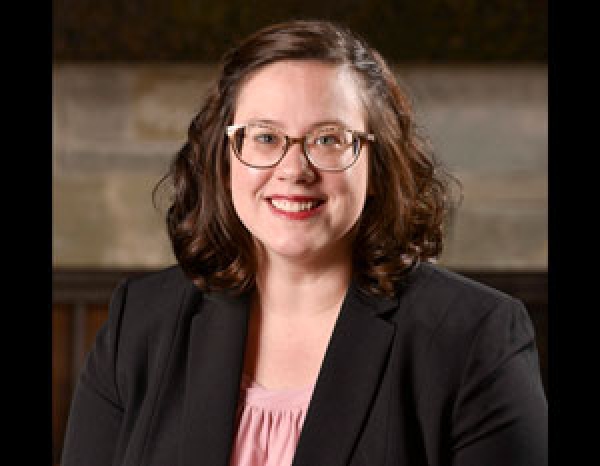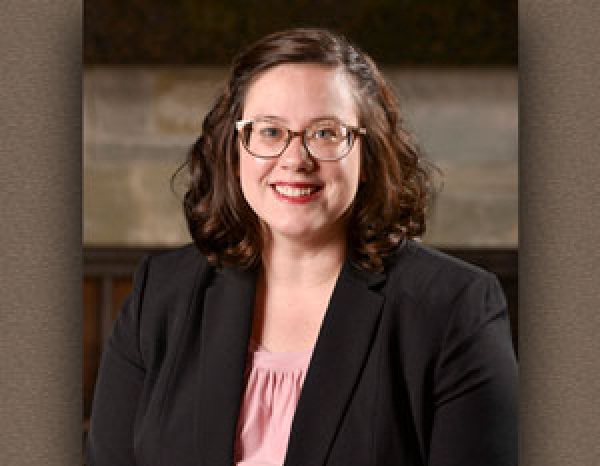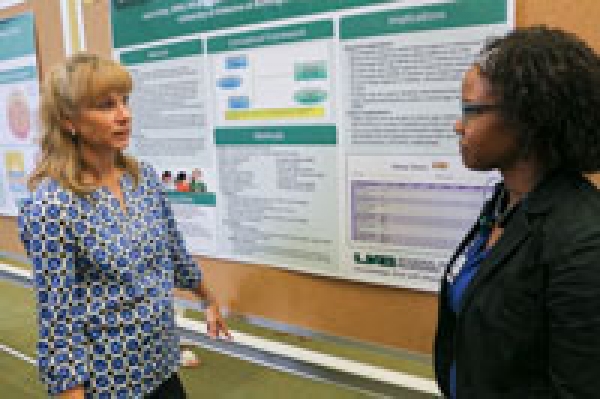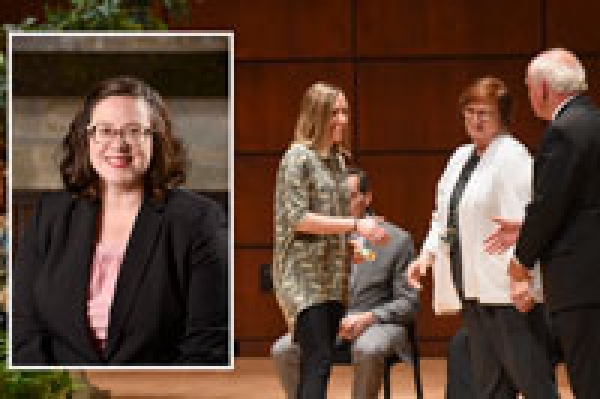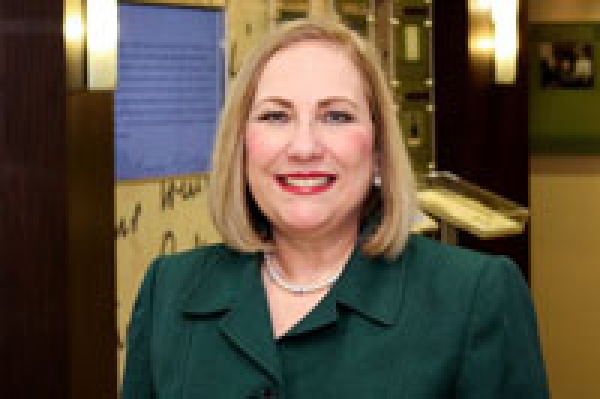Impacting Health Literacy in HIV
 Ann Gakumo was working as a critical care nurse in 2005 when she attended the National Coalition of Ethnic Minority Nurses Association’s first national conference, Creating Research Careers: The Beginning.
Ann Gakumo was working as a critical care nurse in 2005 when she attended the National Coalition of Ethnic Minority Nurses Association’s first national conference, Creating Research Careers: The Beginning.
“The idea of becoming a nurse scientist sparked my interest and I learned about the role I could have in an increasingly diverse country,” she said.
Gakumo earned her PhD from the UAB School of Nursing in 2009, focusing her dissertation on the sexual health of young women at risk for HIV. However, through her practice and service she saw the devastating effects of HIV in the African-American community. She has since transitioned to health literacy and chronic disease management among those living with HIV.
“For several years I cared for the critically ill with complex needs in a medical intensive care unit,” she said. “Many struggled with poor health literacy and verbalized concerns on how to manage their health once they were discharged.”
As part of the three-year RWJF Nurse Faculty Scholars program, Gakumo will lead a three-phase foundational research study, Managing Health Outcomes By Interventions in Literacy Effectiveness (MOBILE), a peer support and text/graphic messaging intervention to promote medication adherence in low-literate, older African Americans with HIV.
“Research shows greater percentages of minorities and older adults have limited health literacy, which has been associated with non-adherence to medications, treatment and care in people living with HIV,” she said. “Advances in antiretroviral therapy have made HIV a chronic, manageable condition. More effective strategies improving medication adherence and helping patients stay engaged in their care can lead to long, healthy lives.”
As part of the program, Gakumo has a senior scientist and leader in the School of Nursing as a primary nursing mentor, Karen Meneses, PhD, FAAN, Professor and Associate Dean for Research. Meneses’ patient-directed, nurse-led quality of life Breast Cancer Education Intervention is recognized as a national model of survivorship education.
Michael Mugavero, MD, MHSc, Director of the UAB Center for AIDS Research Clinical Core, will be her research mentor.
Gakumo said she hopes the intervention is successful and can impact patients outside UAB’s 1917 Clinic, from where study participants will be recruited.
“My goal is that this patient-centered intervention be effective and readily implemented and disseminated across health care settings, especially in rural areas without immediate access to comprehensive care and health services.”
Improving health literacy, removing practice barriers
Joy Deupree’s passion for improving access for those in rural, underserved areas has taken her from patient care to working with the Alabama legislature to pass legislation expanding the role of nurse practitioners, both of which drive her two Fellowship projects.
 Deupree is senior advisor for policy for the Nurse Practitioner Alliance of Alabama, which represents more than 3,000 Certified Registered Nurse Practitioners. Deupree and five colleagues established NPAA in 2006 to spearhead efforts to reduce practice barriers for advanced practice nurses in the state. She was president of NPAA from 2012-2013, championing the passage of a bill improving scope of practice.
Deupree is senior advisor for policy for the Nurse Practitioner Alliance of Alabama, which represents more than 3,000 Certified Registered Nurse Practitioners. Deupree and five colleagues established NPAA in 2006 to spearhead efforts to reduce practice barriers for advanced practice nurses in the state. She was president of NPAA from 2012-2013, championing the passage of a bill improving scope of practice.
“Until this legislation was passed, NPs could not treat patients’ pain needs, leaving them to suffer, or wait months to see a physician,” she said. “For those in rural areas the problem was compounded by the distance some would have to travel to get a prescription.”
Deupree said although 19 states and Washington, D.C., have independent practice for nurse practitioners, there is still work to be done. To support health care expansion over the next decade there will have to be continued growth and policy changes regarding scope of practice. Deupree said her time as a RWJF Executive Nurse Fellow and her project goals will give her more tools to build upon what has already been accomplished.
“My ultimate goal is to decrease practice barriers for nurse practitioners in Alabama and promote a culture of interprofessional practice and collegiality among nurse practitioners and physicians,” she said.
Deupree also is staying true to her early roots of helping underserved populations. In 2011 she established the Alliance of International Nurses for Improved Health Literacy.
“Nurses have the most potential to impact the health literacy of patients because they are with patients longer than most other providers,” she said.
While Alabama has some challenging health literacy needs, the need also is great on the national level. In her second Fellowship project Deupree will work with national nursing and health literacy leaders to better train nursing students as well as practicing nurses on the importance of health literacy.
“Too often health care professionals provide patients with written information. Most do not realize how many patients read at or below a fifth grade level, which puts them at great risk for non-compliance. I hope to change that.”

